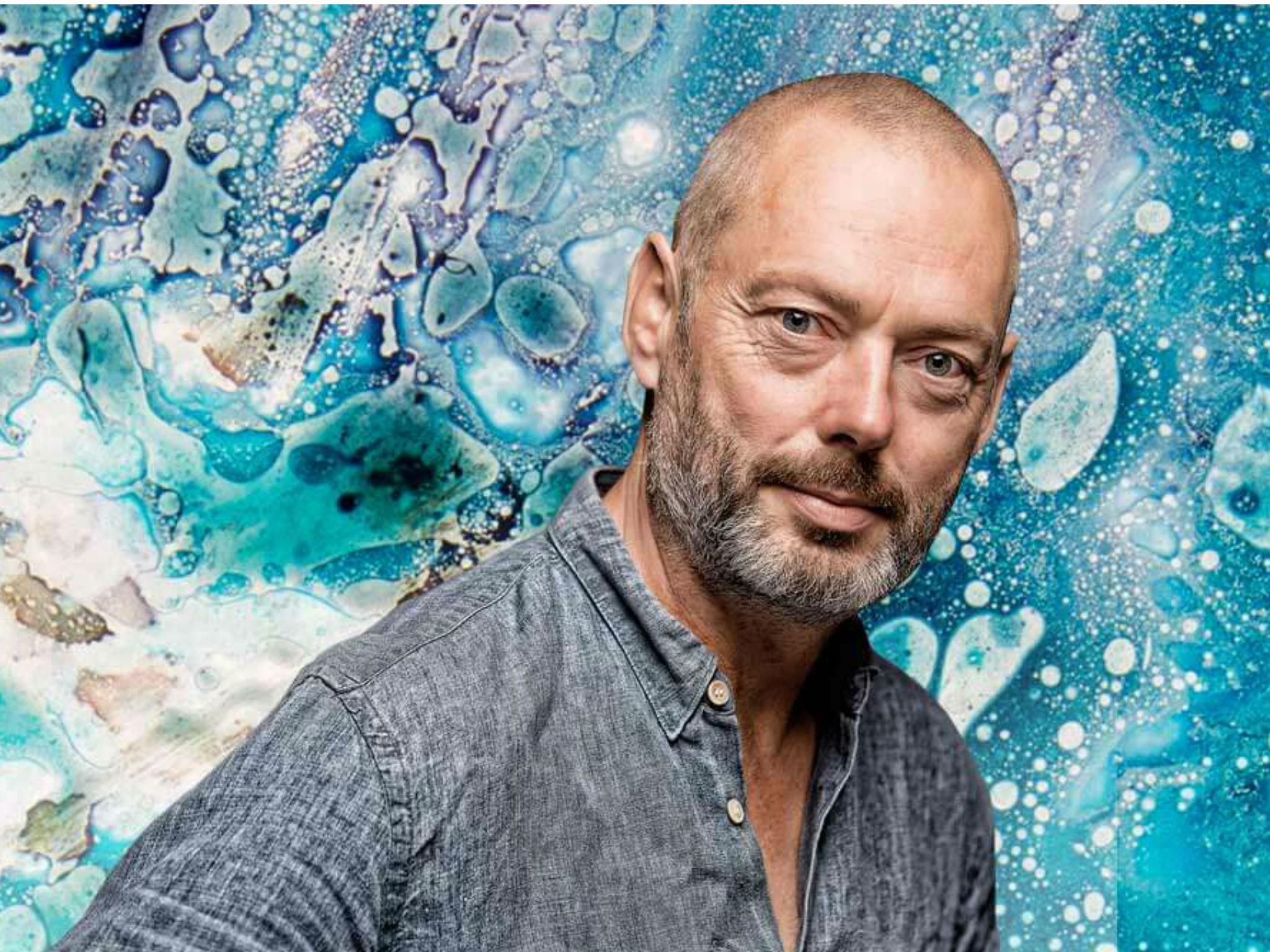St John Passion, Barbican, London, review: One of the most moving realisations I’ve ever heard
The performance of Bach's St Johns Passion starred the tenor Mark Padmore with the Britten Sinfonia

Your support helps us to tell the story
From reproductive rights to climate change to Big Tech, The Independent is on the ground when the story is developing. Whether it's investigating the financials of Elon Musk's pro-Trump PAC or producing our latest documentary, 'The A Word', which shines a light on the American women fighting for reproductive rights, we know how important it is to parse out the facts from the messaging.
At such a critical moment in US history, we need reporters on the ground. Your donation allows us to keep sending journalists to speak to both sides of the story.
The Independent is trusted by Americans across the entire political spectrum. And unlike many other quality news outlets, we choose not to lock Americans out of our reporting and analysis with paywalls. We believe quality journalism should be available to everyone, paid for by those who can afford it.
Your support makes all the difference.Of Bach’s two surviving Passions, the St John is smaller than the majestic St Matthew, but makes up for it by being the more intensely dramatic and operatic focussing as it does on Christ’s trial. As Bach’s succeeding recitatives, chorales and arias offer up ever-shifting prisms for contemplation, it stands as one of the most heavenly sublimations of the gospel story ever.
Tenor Mark Padmore, for years our superlative evangelist, pondered how this much-loved, almost over-familiar work can ever be heard afresh in a modern, secular age. His brilliant solution was to have compelling actor Simon Russell Beale open with “In the beginning…”, and read from TS Eliot’s “Ash Wednesday”, and “Psalm 22”, an engagement of verbal intelligence which chimed perfectly with Bach’s musical insights. Concluding the work, just as Bach did, with Jacob Handl’s meditative motet “Behold how the just man dies”, written 150 years earlier, enriched the context further.
Each moment – collective or individual – was exquisitely characterised by the 12 singers and the Britten Sinfonia, as for example in the desolate “Es ist vollbracht” with alto Eleanor Minney and Reiko Ichise’s viola da gamba. While basses Tim Dickinson made a gravely noble Christ and Eamonn Dougan a sympathetic Pilate, one can only marvel at Padmore’s total command of every inflection in a performance refined to its quintessence. It was one of the most moving realisations I’ve ever heard.
Join our commenting forum
Join thought-provoking conversations, follow other Independent readers and see their replies
Comments